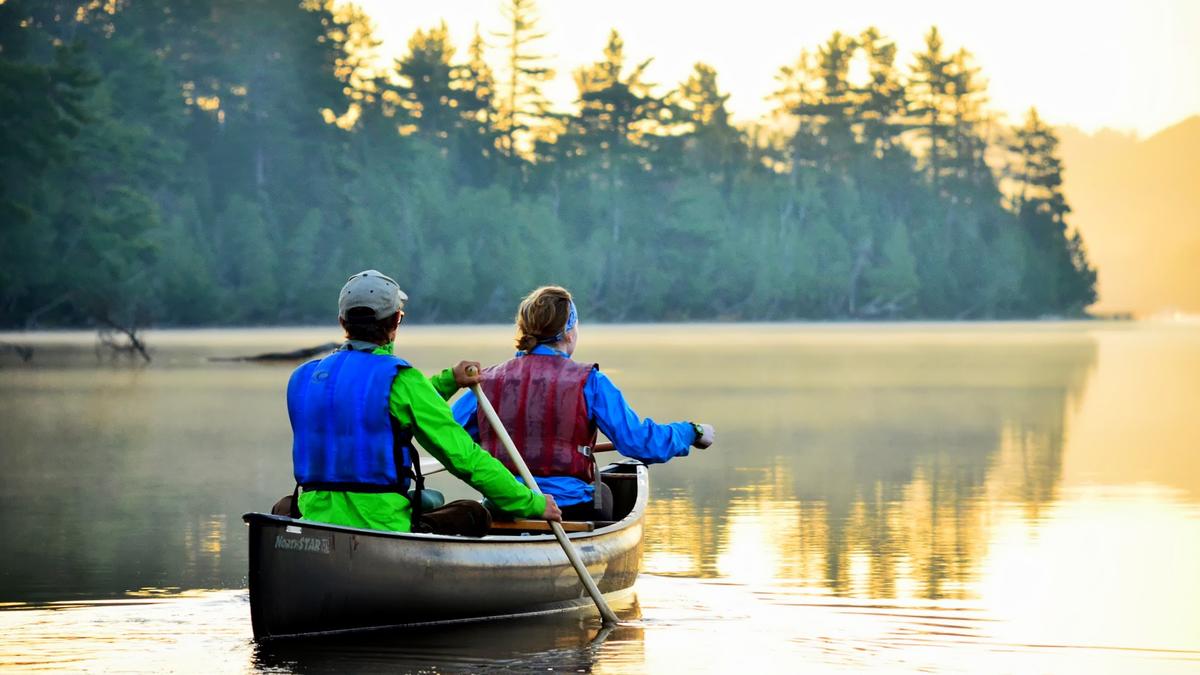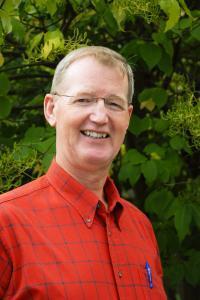The effects of the coronavirus have been increasingly stressful on all of us—socially, emotionally, and physically—as our home isolation time continues. To cope with this stress, many public health officials are encouraging us to get regular exercise and limit our time with technology. They're also suggesting we spend time in nature.
Studies increasingly show that being in nature has many health benefits, including reducing stress and increasing physical activity. That is why there's so much pressure to have public parks open and accessible right now.
As the pandemic continues, more people may be considering remote camping, since it's a fulfilling activity where it's easy—and encouraged—to maintain social distance. While camping in the Boundary Waters Canoe Area Wilderness (BWCAW) or in dispersed camping areas in state or national parks, we're also far removed from all the technology that seems to be controlling our lives these days.
Remote camping experiences are usually very fulfilling for our bodies and minds. This is the time of year to enjoy the beauty of spring wildflowers, see newborn wildlife, see the stars, and experience silence not found in the city.
For the uninitiated, it's important to follow some basic rules to keep the experience positive and safe. A misstep in the wilderness can easily turn a remote camping experience from a soul-filling time to one of misery or even tragedy.
Here are some guidelines that are wise to follow, especially now when it is considered the early season in Northern Minnesota.
- Have a partner who is experienced in remote camping. The wilderness environment can be unforgiving. It's important to know how to travel, navigate, or be able to set up a safe camp.
- Tell someone where you are going and when you intend to return. In the event of trouble, this could save your life.
- Dress for the water temperature. We've recently had temps in the 70s and even warmer. This makes it tempting to paddle a canoe or sea kayak wearing only a t-shirt and shorts. Yet, the ice has only been off the lakes for a few weeks. That means the water is still dangerously cold. An unexpected tip into cold water can lead to hypothermia and/or drowning very easily. Also, always wear a life jacket—even if it's hot outside.
- Prepare for mosquitos, black flies, and ticks. We are in the peak of the season for these pests. If you use insect repellent (DEET or permethrin for ticks) and wear a long-sleeved shirt and pants, you will be fine. Distraction from pests can often lead to careless behavior and even injury.
- Take care of nature. Fighting nature more often leads to injury. Novice camping behavior also damages the land, which is one of the key reasons we camp in remote settings in the first place—to enjoy the beauty of nature. Use a camp stove instead of having a fire. Never strip bark from a tree. Be sure to bury your waste away from camp and in a hole 8 inches deep (to allow for ideal decomposition). Take out what you take in (don't leave any garbage behind).
These are very simple "rules" to abide by, yet you will find that they will help relieve the stress of these times and will enhance the joy of your remote camping experience. It's an activity we can all benefit from, especially now.
Additional Guidance for Campers
The BWCAW has been allowing overnight camping since May 18. Permits and resources for planning trips are available online. The Department of Natural Resources began a phased reopening of Minnesota state campgrounds on June 1 (some feature hike-in and paddle-in sites). Dispersed and backcountry camping is an option at Minnesota state forests and in the Superior National Forest.
The State of Minnesota has issued some guidance for the public on safe outdoor recreation practices during COVID-19 (see page 5-8). Campers are asked to buy permits online, maintain social distance, and limit in-person interactions by purchasing needed supplies close to home. Wearing a mask when stopping for gas and supplies is recommended. Campers should be prepared with hygiene products like soap and hand sanitizer to help prevent the spread of COVID-19.
Professor Ken Gilbertson is the founder of UMD's Environmental and Outdoor Education Program and head of the Department of Applied Human Sciences.

